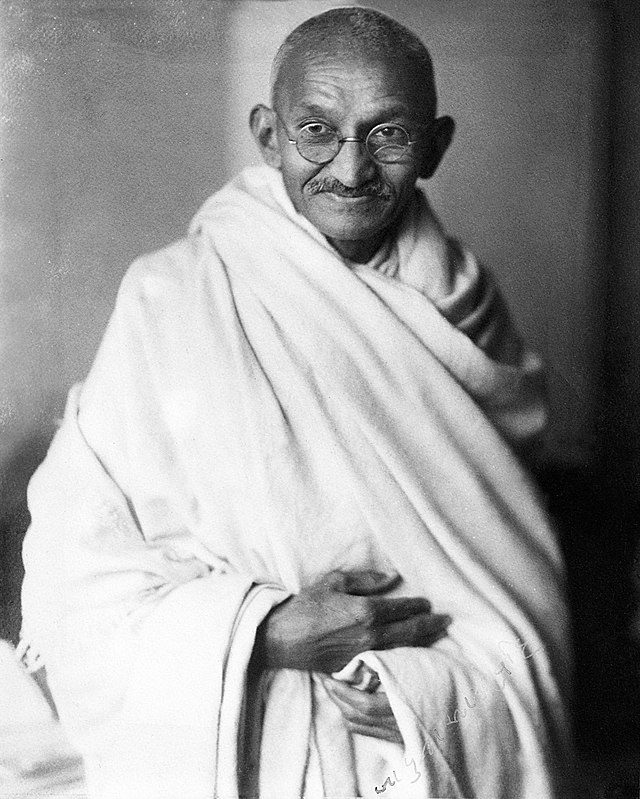Abraham Lincoln and Mahatma Gandhi were two icons in the history of human rights and equality who led their countries in times of unrest and achieved significant advancements in those areas. Lincoln believed in a united nation, with the federal government having more power, and slavery had to be abolished to achieve the same. He employed force to achieve his goals. Gandhi, on the other hand, believed in nonviolent resistance and opposed all forms of violence. He based his political and social philosophy on Hinduism and led peaceful protests like the Salt March towards India’s independence. Both men wanted justice and equality for all.
Abraham Lincoln vs. Mahatma Gandhi: Contrasting Two Icons of Human Rights and Equality
Introduction
Abraham Lincoln and Mahatma Gandhi are two of the most prominent figures in the history of human rights and equality. Both men led their respective nations during critical periods of unrest and were instrumental in achieving significant advancements in human rights. However, the two icons had different backgrounds, ideologies, and methods in pursuing their goals. This article will compare and contrast the lives and works of Abraham Lincoln and Mahatma Gandhi, highlighting their differences and similarities.
Background
Abraham Lincoln was born in 1809 in a log cabin in Kentucky, United States. He grew up in poverty and had to work hard to make a living. He became a lawyer and later entered politics, serving as a member of the United States House of Representatives and later as president of the nation. On the other hand, Mahatma Gandhi was born in 1869 in India. He was born into a wealthy family and studied law in England. After moving to South Africa to work as a lawyer, Gandhi became a political activist, leading India’s struggle for independence from British colonial rule.
Ideologies
Abraham Lincoln’s ideology was mainly centered around the idea of a united nation. He strongly believed that the federal government should have more power than individual states, and that slavery had to be abolished to accomplish this goal. He put much emphasis on the concept of liberty, stating famously in his Gettysburg Address that the United States was founded on the principle of “government of the people, by the people, for the people.”
Mahatma Gandhi, on the other hand, believed in the power of nonviolent resistance. He opposed all forms of violence and believed that it was possible to achieve independence for India through peaceful means. Gandhi’s political and social philosophy was based on the tenets of Hinduism, including the importance of self-control, self-discipline, and the pursuit of truth.
Methods
Abraham Lincoln’s approach to achieving his ideals involved the use of force. He led the Union army to victory in the Civil War, which resulted in the abolition of slavery and the re-unification of the United States. He did not hesitate to use military force to achieve his objectives, knowing that the stakes were high and the cause was just.
Mahatma Gandhi, on the other hand, chose nonviolent resistance as his method of achieving social and political change. He believed that violence only begets violence and that the only way to achieve long-lasting change was through peaceful means. He led numerous nonviolent protests, including the famous Salt March, which was a turning point in India’s struggle for independence.
Legacy
Abraham Lincoln is remembered as one of the greatest presidents in American history. He is celebrated for his role in ending slavery, preserving the Union, and initiating the country’s healing process after the Civil War. He is also remembered for his brilliant speeches and his unwavering commitment to the principles of liberty and democracy.
Mahatma Gandhi is remembered as one of the most important figures in Indian history. He is revered as the father of the Indian independence movement and is credited with leading the country to its freedom without any bloodshed. He also became a symbol of nonviolent resistance and inspired many other leader to fight for social justice and equality.
Conclusion
Despite their differences, Abraham Lincoln and Mahatma Gandhi shared a common goal: the pursuit of justice and equality for all. While Lincoln used military force to achieve his objectives, Gandhi utilized peaceful means to reach his goals. Both men are remembered for their contributions to human rights and equality. Through their actions, they have inspired generations of leaders to fight for what they believe in, and their legacies continue to shape the world we live in today.
